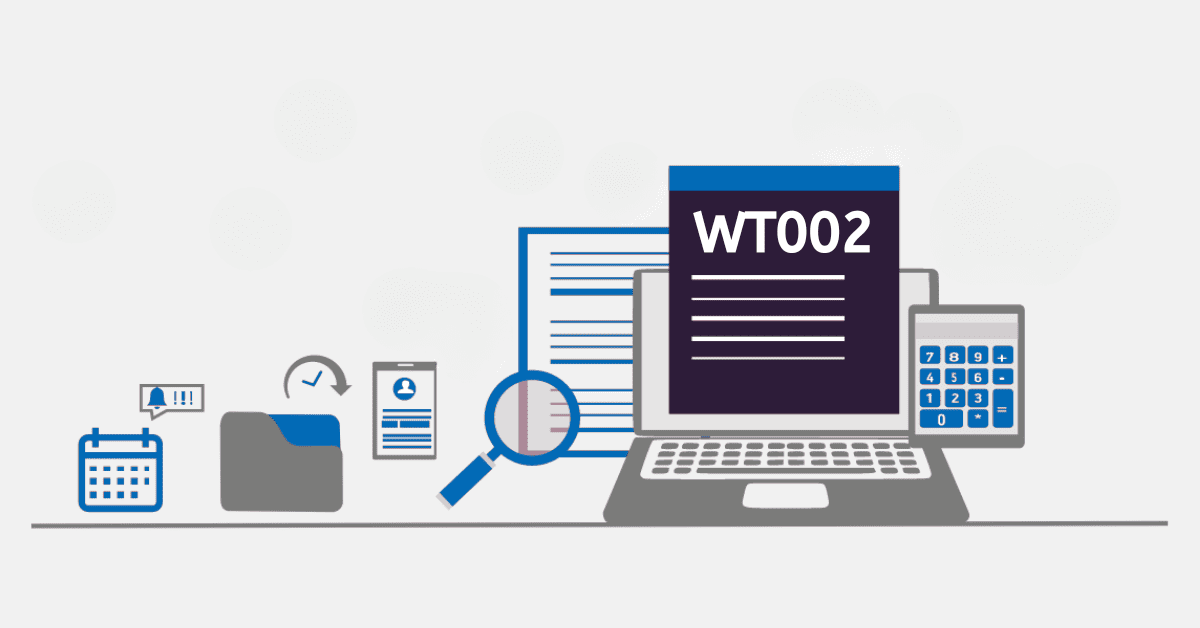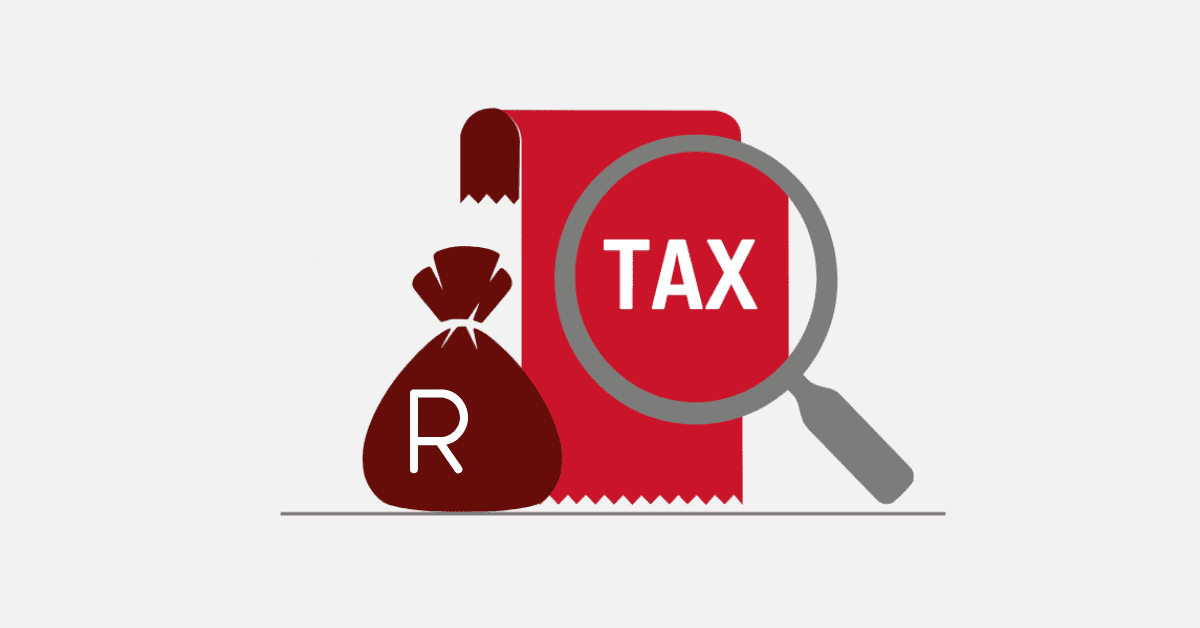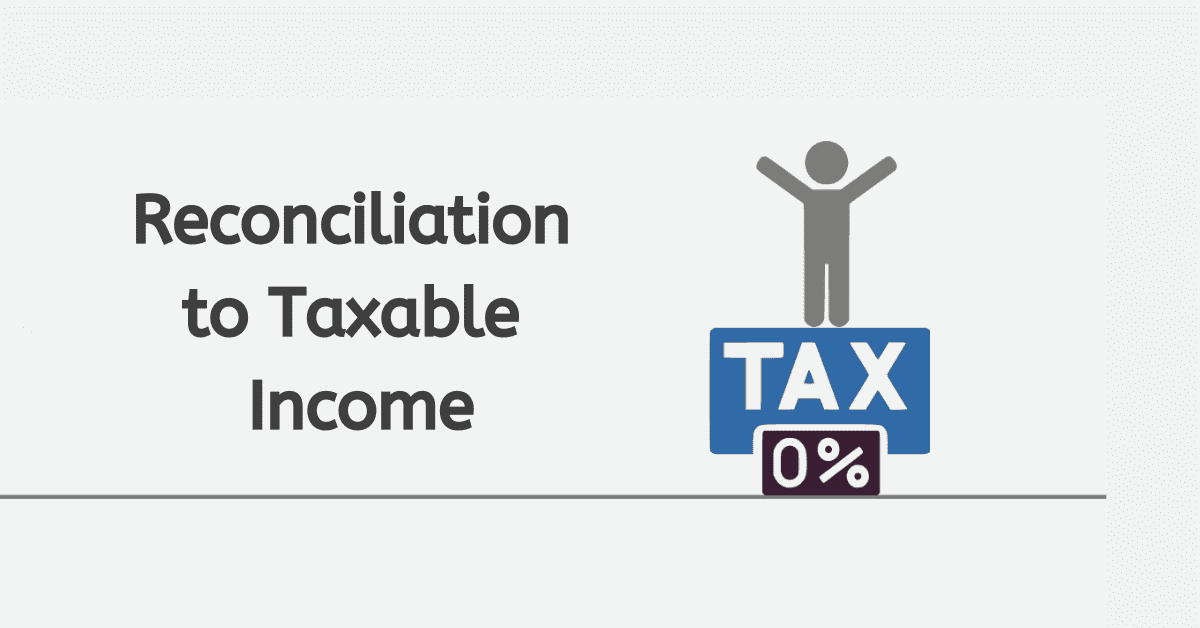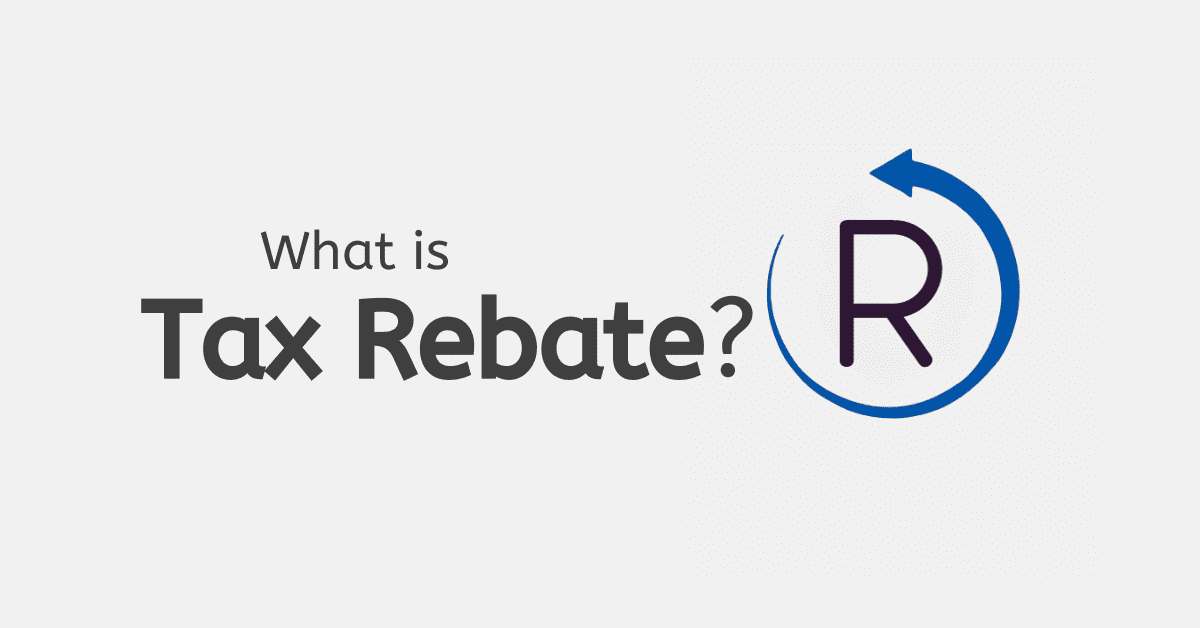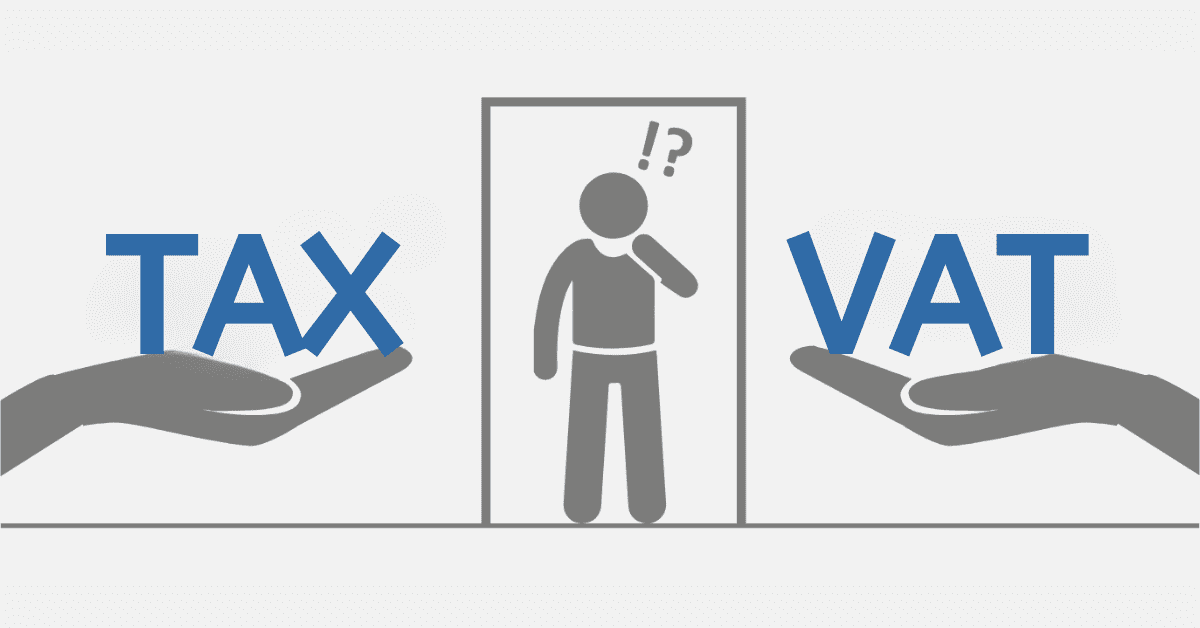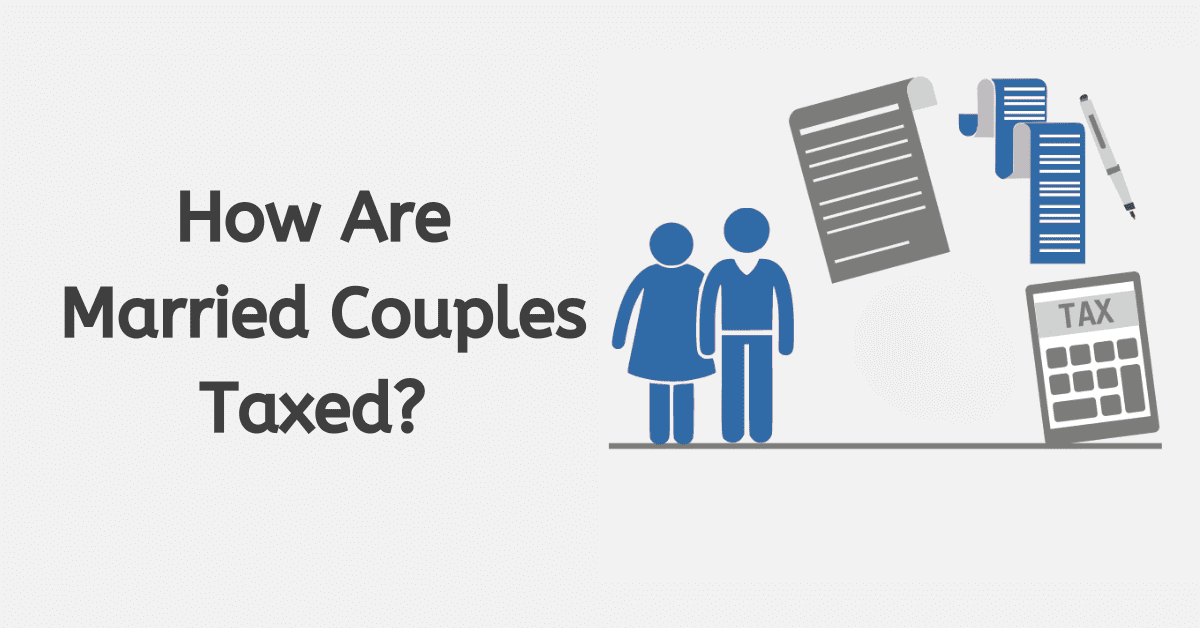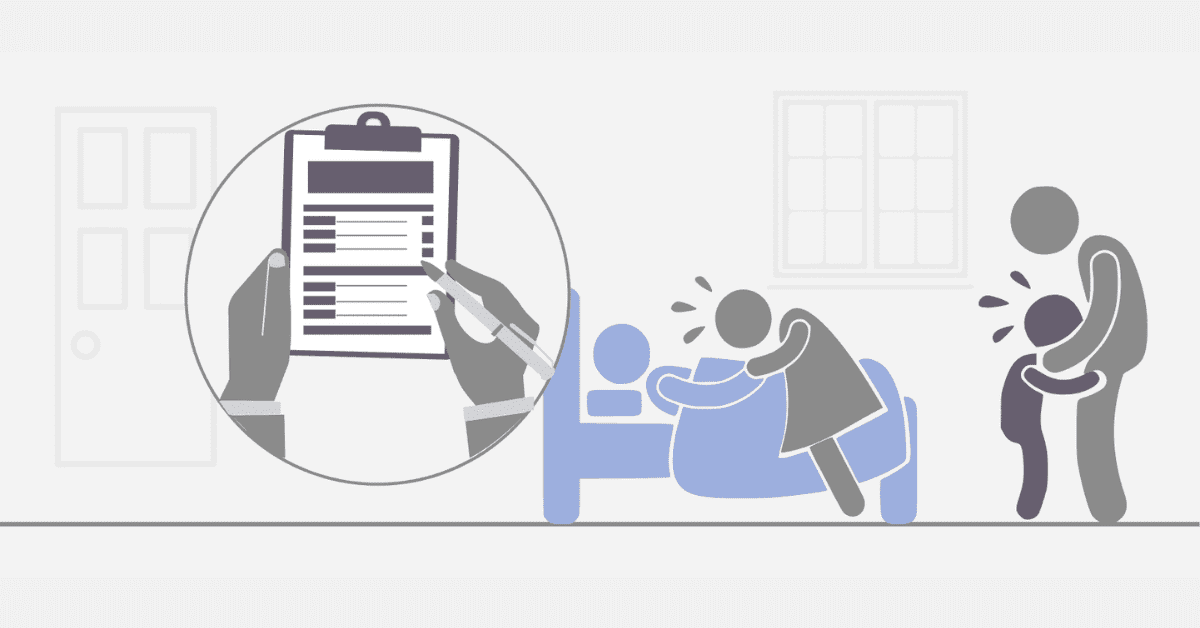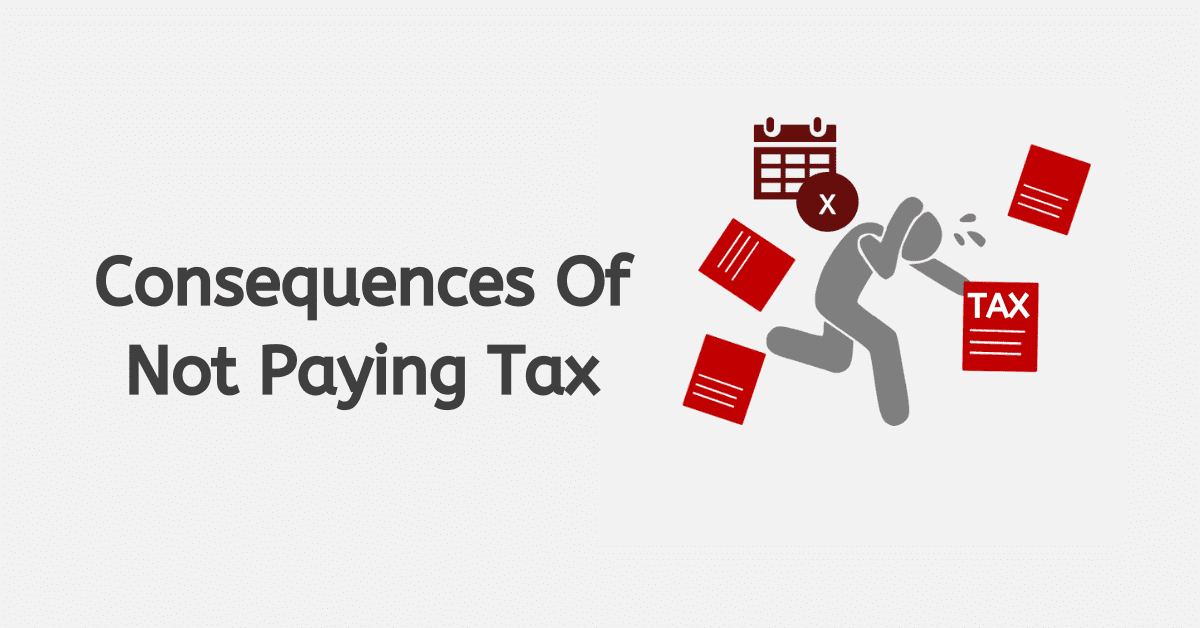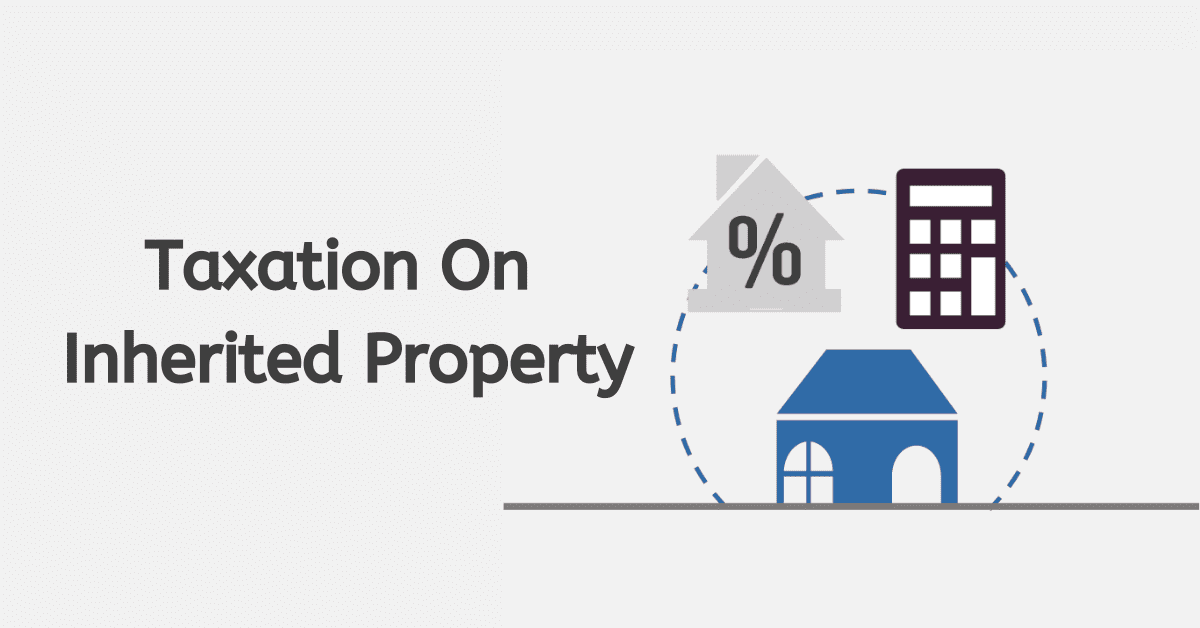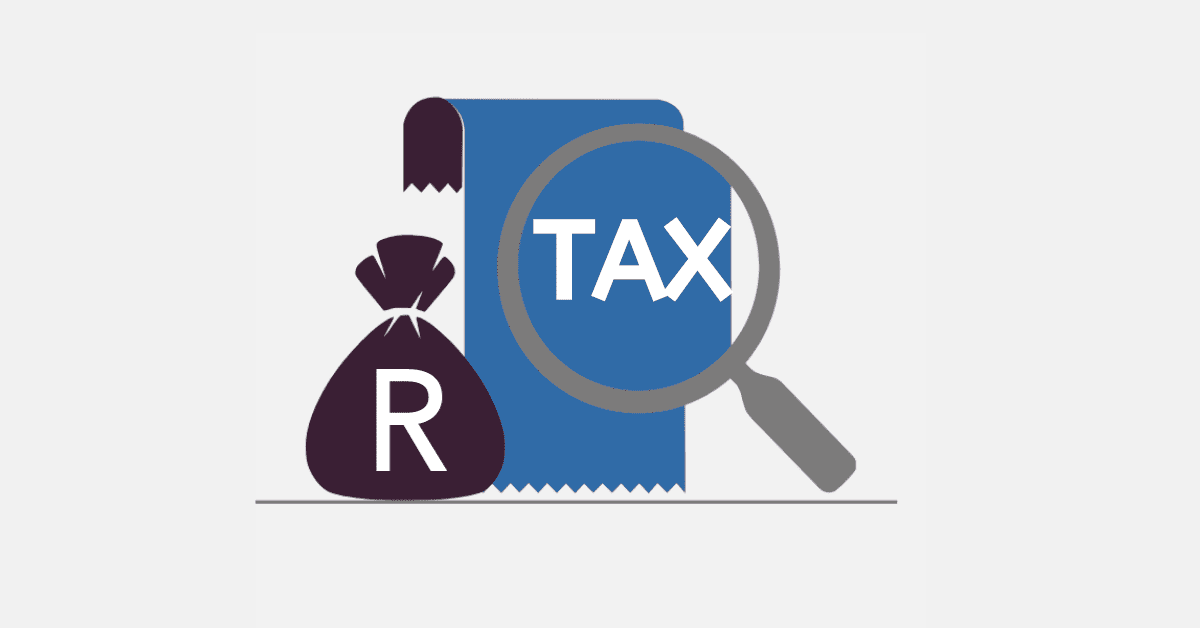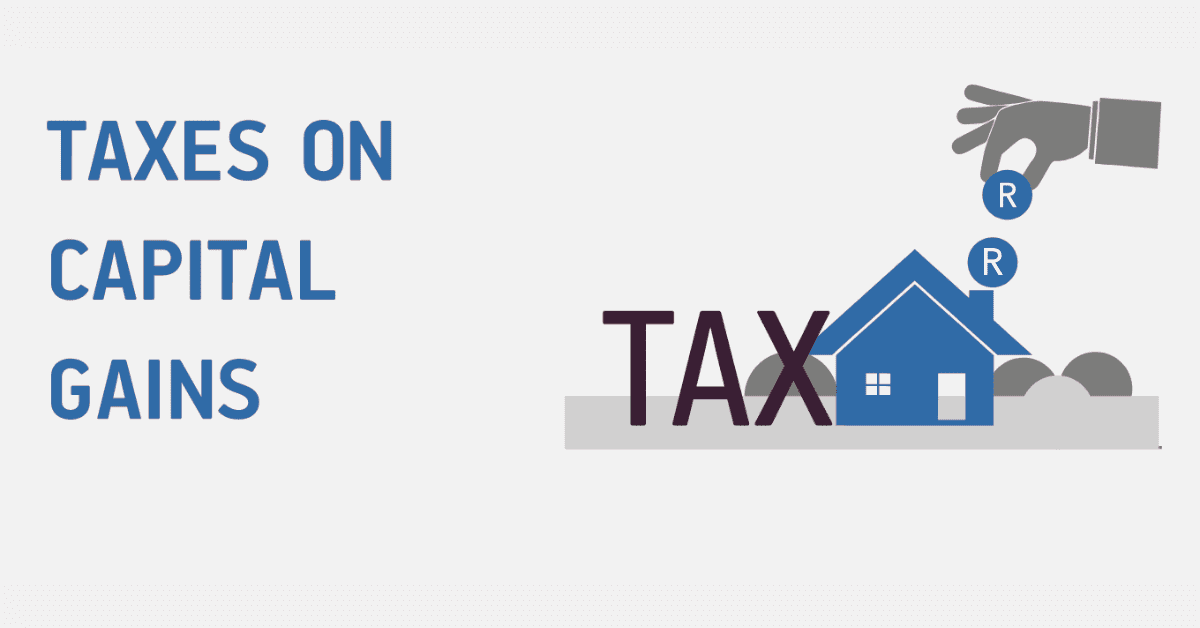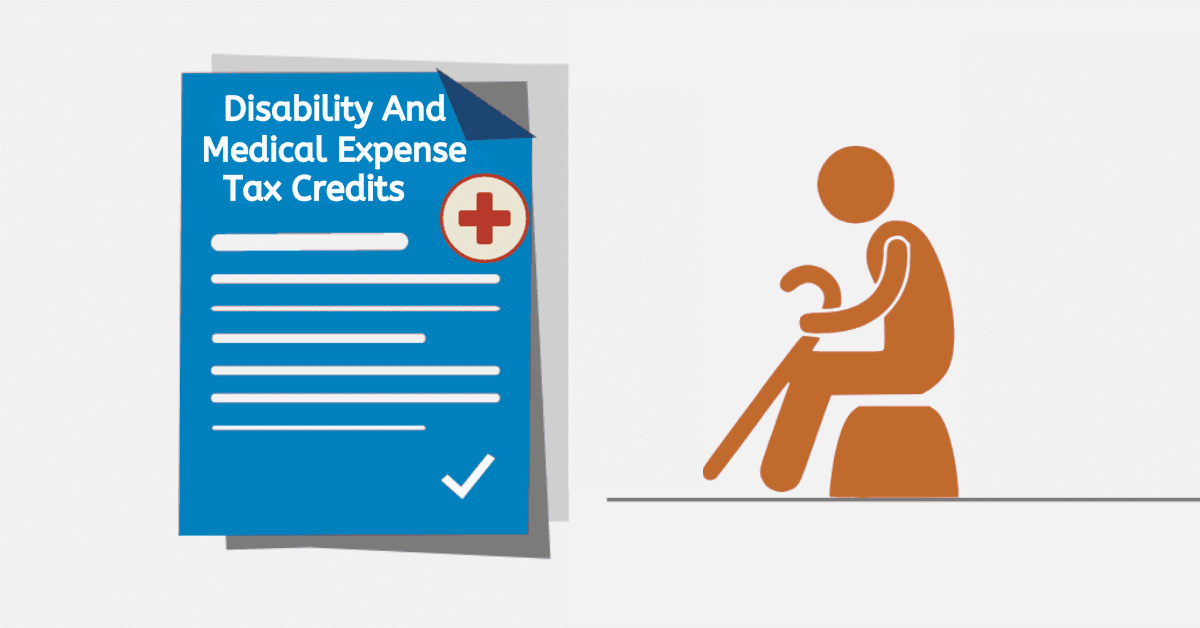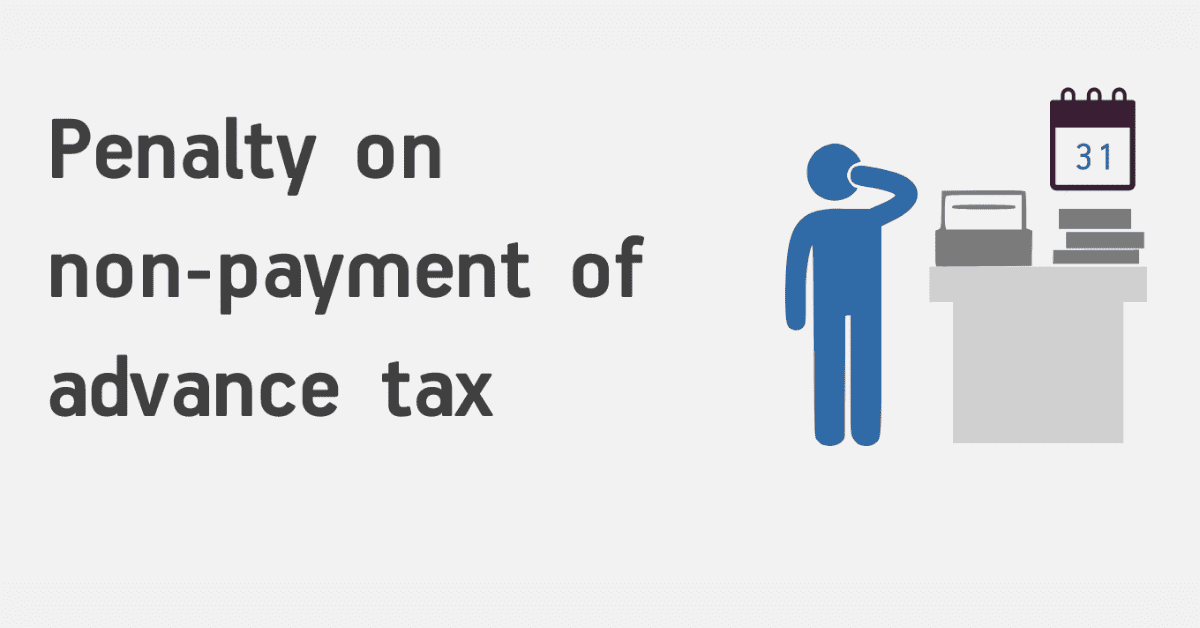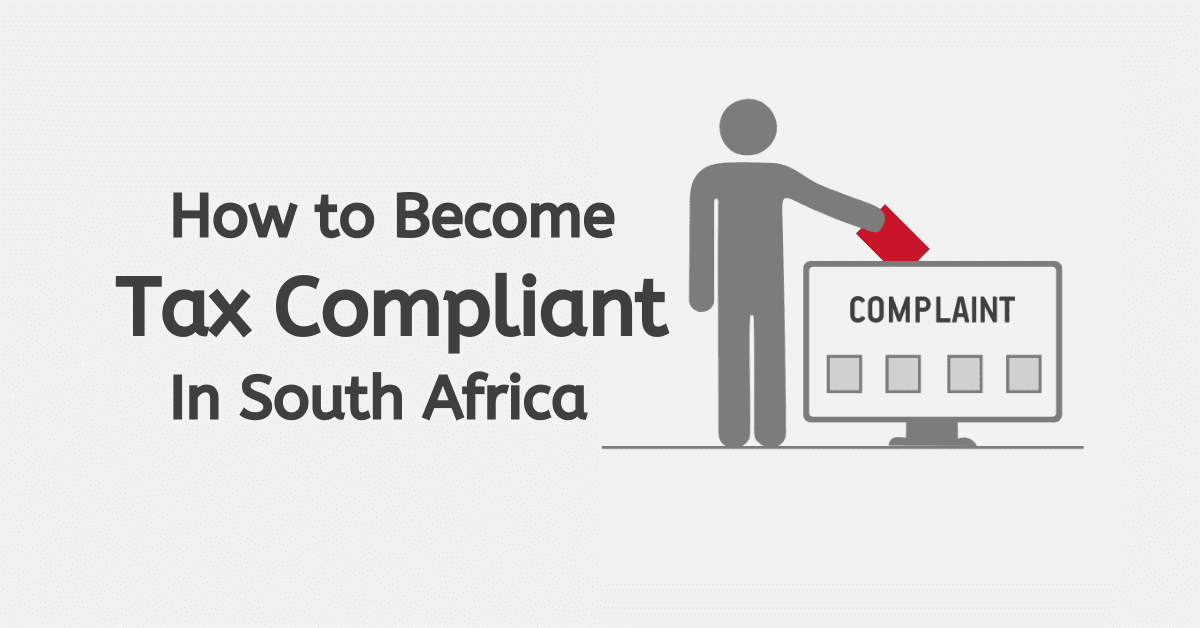You compiled your tax return for the year, hit ‘submit’, and paid over what was due. That’s that done, right? Not quite. SARS doesn’t simply take your word for it and will evaluate each return they receive, including using third-party data (like your employer’s submitted IRP5, or records from your bank) to make sure it is a fair, transparent, and accurate reflection of your tax liability. If they uncover issues in this process, they have the right to reject your return and ask you to correct errors and omissions before you resubmit the return to them. Today we will be looking at this situation in more detail, including why it happens and what you can do about it.
Reasons Why Tax Returns Get Rejected After Filing
There are many reasons SARS may reject your tax return (and the generated assessment with it). Here are some of the most common reasons you will have problems with your tax return submission:
- Incomplete Information: One of the most common reasons tax returns are rejected is incomplete information. Missing or inaccurate details, whether related to income sources, deductions, or personal information, will trigger a rejection by SARS. To avoid this issue, ensure all information you provide in your tax return is accurate, comprehensive, and aligns with the documentation you possess.
- Mathematical Errors: Mathematical errors in calculations, whether in income figures, deductions, or tax liabilities, can lead to rejection. Since SARS made their income tax return forms automatic for calculations, this issue occurs far less, but can still happen. Make sure you carefully check your calculations before clicking ‘submit.
- Late Submission: Filing your tax return after the deadline can result in rejection, although it is rare. It is far more likely that you will simply have a penalty or fee applied to your account.
- Mismatched Information: Discrepancies between the information provided in your tax return and SARS and third-party records they receive are common reasons your tax return will be rejected. This can be anything from mismatched personal information to clashes with your income as reported in other sources. It can also happen where you use the wrong tax number, but that has become much rarer now most people submit through the eFiling platform, where these are automatically checked and linked to your account. Make sure to update any outdated or incorrect information before submitting your tax return, especially your bank account on the system.
- Unreported Income: Remember, SARS doesn’t just rely on you being honest! After all, many people are not honest on their tax returns. They rely on several third-party sources to accurately assess your real financial situation and will compare that to what you submit. Failure to report all sources of income will result in rejection.
How Do I Fix My Rejected Tax Return?
Luckily, having your first attempt at your income tax filing rejected doesn’t mean anything dramatic, nor will it automatically lead to things like audits. All you need to do is resubmit the return with the detected errors addressed, or appeal them if you feel they were wrong in their rejection.
Start by scrutinizing the rejection notice you received from SARS. This will usually give you all the clues you need about the issue they are detecting. If it is legitimate, address those issues on your tax return, complete any missing information, correct errors, and then resubmit the return. If you are using eFiling, which is now SARS’ platform of choice, this is very easily done. Request the income tax return for correction, make your changes, and resubmit. You will also find the Notice of Assessment (where you are told the error code generated, or the amount they believe you owe) linked on the same page as the return. It will also be listed under your ‘SARS Correspondence’ tab.
If you do not understand why the return was flagged, or you disagree with the reason provided, you may want to seek out a trained accountant or tax professional to help you. You can also appeal to SARS (again, on eFiling this is linked to the return) if you feel the error is on their side, not with the information you provided. Expect to have to motivate and support your reason with documents and other proofs if you take this route. If the error is legitimately on their side, they should automatically roll back penalties and fees if/when they accept the change, but it is always worth double-checking.
Can I Resubmit My SARS Tax Return?
Yes, if you find an error on your side that SARS didn’t detect, you can always request the return for correction via the button under the original return on eFiling. Make your changes, and remember to click ‘submit’ once again.
What Happens if You Don’t Submit a Tax Return in South Africa?
What will happen if you don’t submit a tax return is highly dependent on your individual circumstances and why the return wasn’t submitted. For example, people earning an income from one source only, with PAYE paid from the employer to SARS on your behalf, don’t need to submit a tax return at all. Likewise for those earning under the tax threshold. However, they still should submit their tax return, as SARS won’t automatically give you back overpaid tax that doesn’t account for deductions and claims you can make, like your private pension funding or medical aid credits. They aren’t going to chase you down to pay back a refund you are due! This will always be your problem to resolve.
If, however, you are someone who needs to file a tax return and pay income tax and you don’t, SARS will eventually notice this. How fast they will address the matter depends on your ‘taxpayer value’ to them- they will always chase down tax evasion from high earners and companies before they get to the ‘little guy’. But it is a matter of when, not if, you will be caught. When you are caught you will need to accurately file returns (and pay due tax) to bring your account up to date with them, and there will be hefty interest and penalties also applied to the account. In short, while mistakes happen and returns get missed, it is always smart to admit that, file, and pay as soon as you can to keep the penalties as low as possible.
Most reasons for the rejection of an income tax return are related to mistakes or times when you report an amount that does not agree with SARS records. Luckily, you will be allowed to fix any mistakes or appeal their judgment when this happens.
